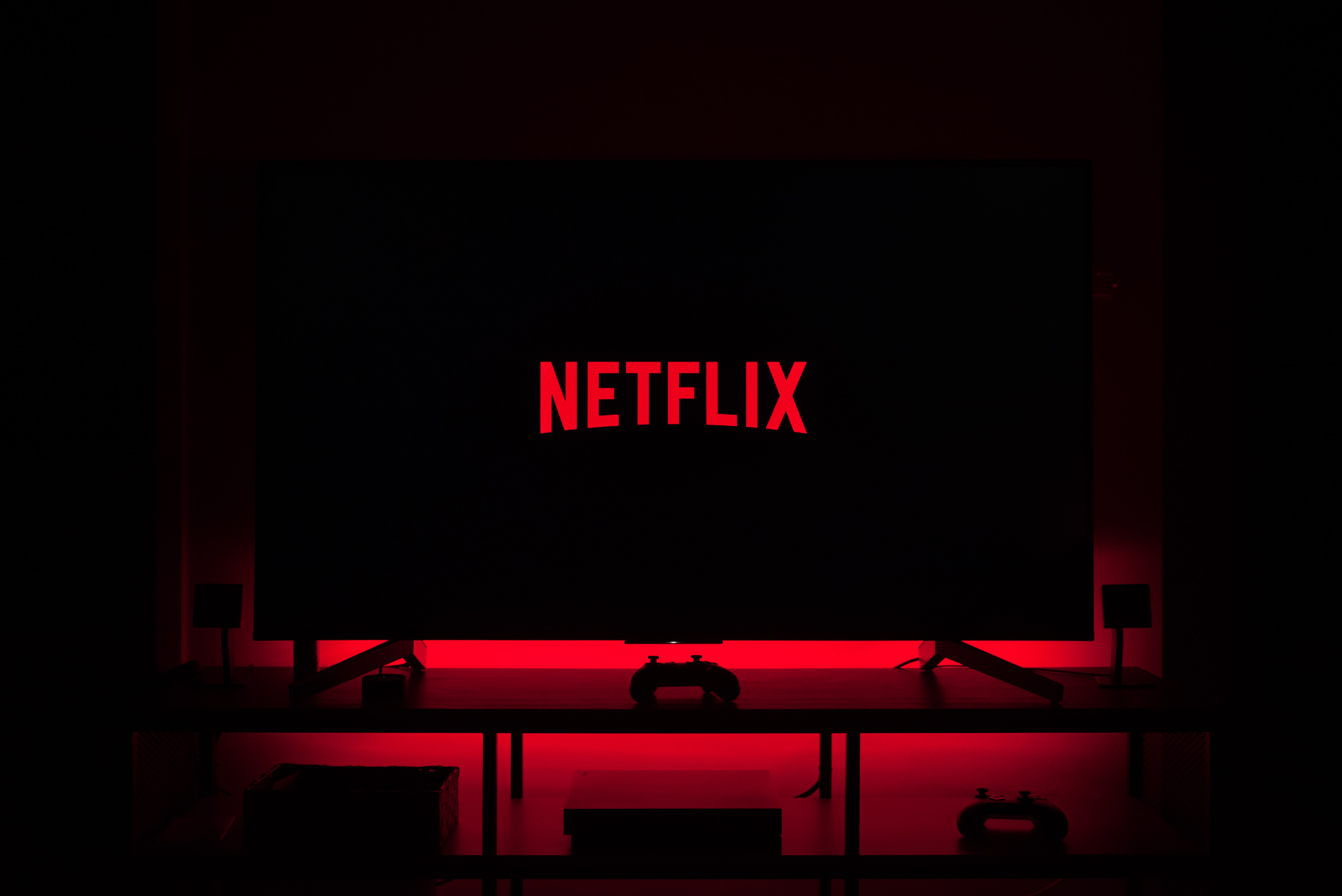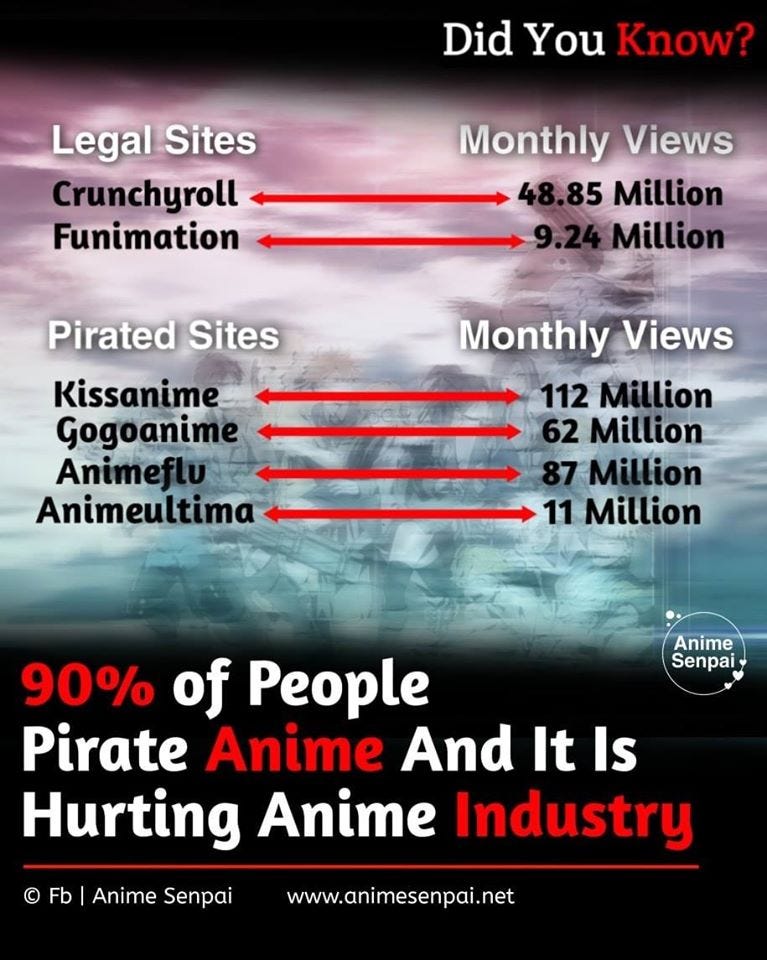Illegal Websites In Germany
Germany
February 6, 2017 ISGAdmin Living in Germany 0. One needs to be aware that illegal downloads (Torrents or otherwise) are punishable as per German law. Such downloads can results in huge fines to jail terms. Watching a movie on the Internet or downloading a song is often prohibited. Many online file-sharing services are illegal. The Bundesgerichtshof (Federal Court of German Justice) decided in its ruling on June 11, 2015 that the owner of the line can be held responsible for every illegal download. (BGH, – I ZR 75/14). So to escape the fine, you need to supply evidence to prove you did not download anything illegal. Understanding Germany: deutschland.de explains German politics business society culture and global partnerships with fascinating reports, concise facts, interactive features and exclusive interviews. Current, clear and coherent.

Great Britain wants Internet providers to block pornographic websites in the future. Germany now has picked up on the idea but experts remain doubtful over how to best protect children and teenagers.
British Prime Minister David Cameron wants to make access to porn websites for children and teenagers more difficult in order to protect them. His plan is for all Internet providers in the country to be required to install a porn filter. In Germany, politician Norbert Geis has picked up on the issue.

'I think that an Internet provider could - if demanded by the user - block a certain computer or Internet device for such content,' Geis told DW. Such an agreement between provider and user would be a first step. Even better, he said, the provider would - as demanded by Cameron - block pornographic websites in general.
Age filters are not mandatory for websites in Germany
A dangerous influence on teenagers?
Geis said it was proven that children and teenagers are negatively affected if they watch porn on the Internet. 'There are many studies that show that the relationship that children and teenagers have to their own sexuality can be unsettled by such images,' the 74-year old Bavarian politician warned. 'It can affect their sexual development or lead to brutality.'
Kristin Langer of the pedagogical initiative 'Schau hin!' took a more cautious stance. 'Children and teenagers get a questionable idea of sexuality,' she said. 'You have to assume that pornographic pictures or film are having quite an impact.' Young children could be intimidated and become insecure, while with teenagers there was the danger that they would try to follow false ideas.
No substitute for education
Langer said not enough details about Cameron's proposal in the UK have been made clear. She said laws would have their limits and could not replace education. Parents would have to deal with the issue and make use of existing tools such as search engines created especially for children. There also are filters available that block pages unsuitable for children. They only work though if the website in question has an age tag similar to those for movies and computer games. Such age tags, however, are obligatory in Germany.
It's unlikely that Internet providers could completely turn off porn

Sites considered dangerous for children and teenagers can be put in an index by authorities. 'We basically do have a broad system which is backed up by laws. In addition, parents still need to help their children with the way they use the Internet,' Langer explains.
Filter vs freedom of information
IT expert Alvar Freude, member of the German parliament's commission on Internet and digital society, took a similar stance. He said it's mainly the job of the parents to protect their children from access to such pages and to later - when they're old enough - educate them about the issue.
Filters are not a satisfactory solution, he said since they can hardly be used in a very targeted way. 'Filter systems try to automatically detect what kind of content a website has,' he explained, adding that in reality they would often also block pages that are not dangerous to young people at all.
This touches upon another question that's often raised in relation to blocking web content: to which extent would this censor content? The filter suggested by Cameron would be in contradiction to the freedom of information as granted by the Basic Law, Freude said. And freedom of information means 'that the state may not prevent its citizens' access to content.'
Blocking porn is useless, he said, as users would find the material anyway. 'Teenagers who want to access that kind of content, will find ways to do so,' he said, adding that as long as the web in Germany is not cut off from that of the rest of the world, there always would be ways to circumnavigate a ban.
DW recommends
News
Authorities say the darknet platform had half a million users, where drugs, counterfeit money, stolen credit card data, anonymous SIM cards and malware were traded. The suspected operator was arrested in Germany.
Authorities say it could be the biggest darknet marketplace bust
German prosecutors in the cities of Koblenz and Oldenburg said on Tuesday that they had shut down what was 'probably the largest illegal marketplace on the Darknet' called DarkMarket and arrested the man believed to operate it near Germany's border with Denmark.
The detained man, believed to be DarkMarket's operator, is a 34-year-old Australian national.
Authorities say drugs, counterfeit money, stolen credit card data, anonymous SIM cards and malware were all traded on the site, which had a half a million users and transacted business in cryptocurrencies equivalent to a value of €140 million ($170 million).
Oldenburg police said the raid took place over the weekend. 'Investigators were able to shut down the marketplace and turn off the server on Monday,' prosecutors said.
International probe
DarkMarket's bust was not the first for German authorities, which have found illegal platform operators on German soil in recent years. In 2019, Koblenz prosecurots announced the discovery of darknet servers hosted from a former NATO bunker in a sleepy German town.
Authorities say the probe that uncovered DarkMarket involved a months-long international law enforcement operation.
US agencies like the FBI, DEA narcotics law enforcement division and IRS tax authority all contributed to the investigation, along with police from Australia, Britain, Denmark, Switzerland, Ukraine and Moldova, with Europol playing a 'coordinating role.'
'A total of at least 320,000 transactions were carried out via the marketplace, with more than 4,650 Bitcoin and 12,800 Monero - two of the most common cryptocurrencies - changing hands,' Oldenburg authorities added.
At the time of its closure, DarkMarket had more than 2,400 vendors.
jcg/msh (AFP, dpa)